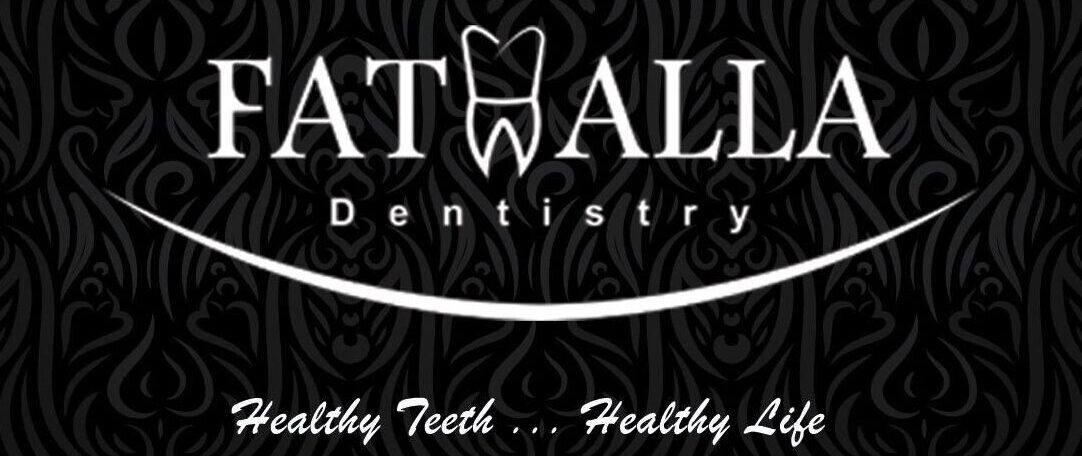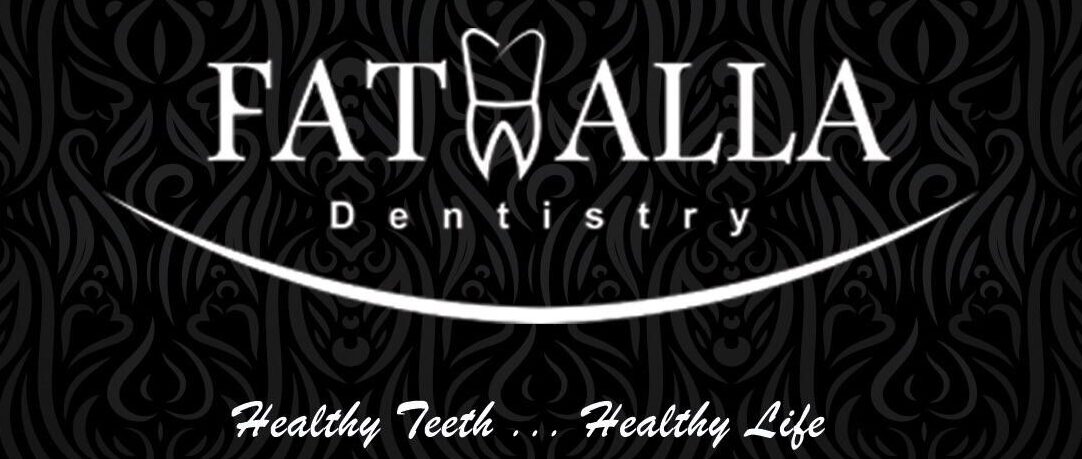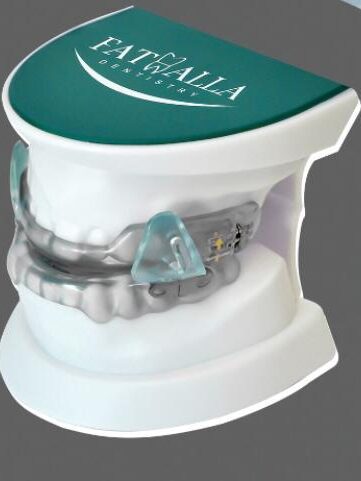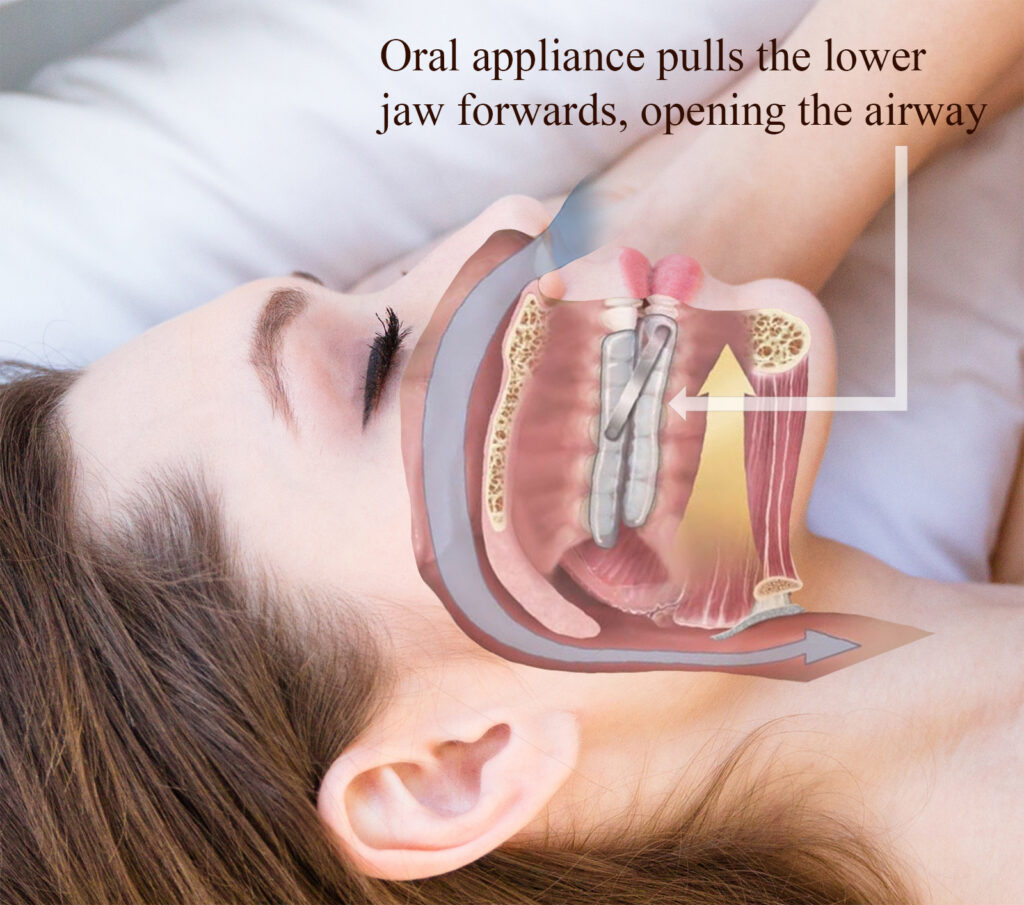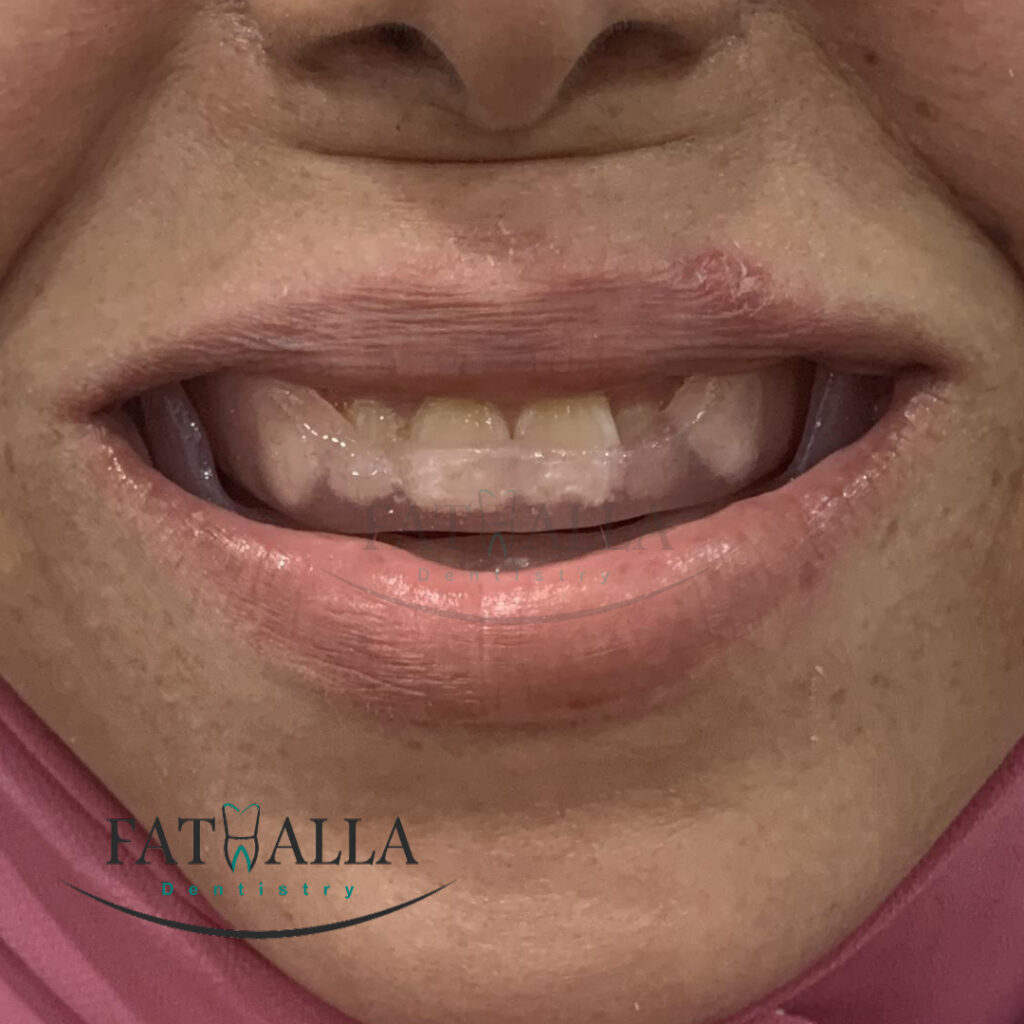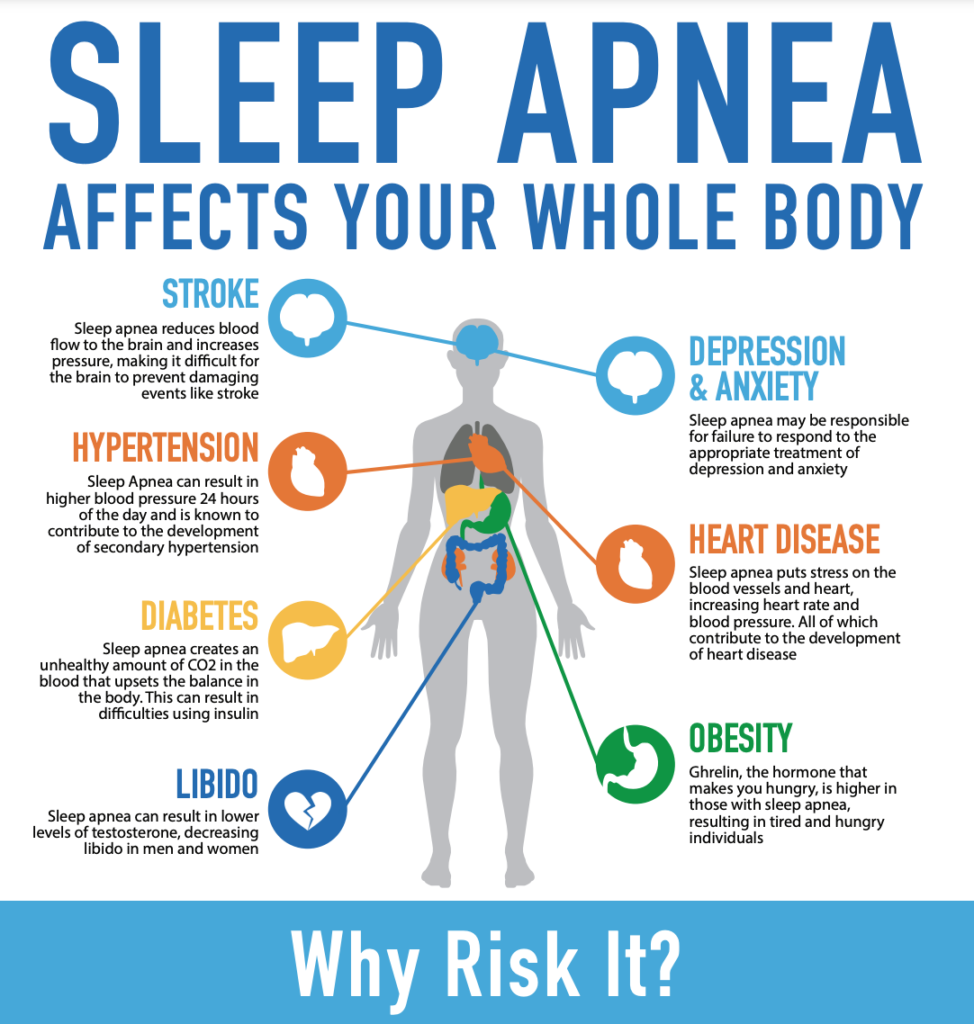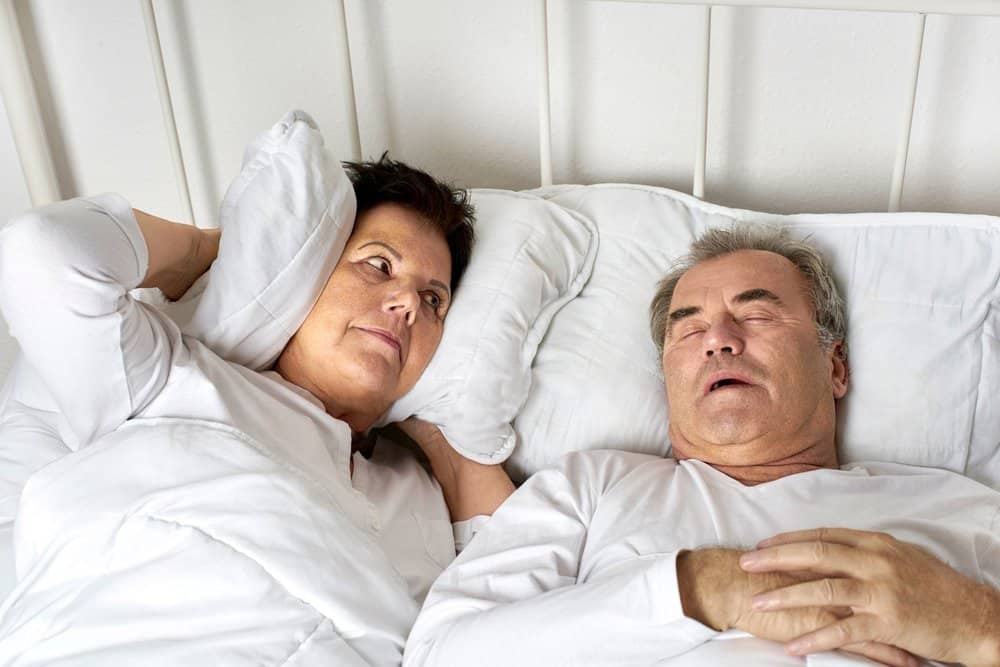
-Obstructive Sleep Apnea is a potentially serious sleep disorder. It causes breathing to repeatedly stop and start during sleep.
-Obstructive Sleep Apnea is when a blockage in your airway keeps air from moving through your windpipe while you’re asleep.
-The blockage and lack of airflow can cause your blood oxygen levels to drop, triggering a survival reflex in your brain that wakes you up just enough to breathe again.
-Main sign of Obstructive Sleep Apnea is loud snoring during sleep.
-Continuous Pressure Air Pump machine is the traditional method of treatment but it’s very inconvenient to use by the patients which make many patients untreated due to the noncompliance.
-Mandibular Advancements Device is the first choice of treatment of Obstructive Sleep Apnea according to the American Dental Sleep Association.
-It’s more preferable to patients due to it’s ease of use.
-Mandibular Advancement Device pulls the lower jaw forward and thus preventing the tongue from falling back leading to keeping the airway open.
-It’s been widely used in the United States and Europe since 1980 and several FDA Approved designs appeared throughout the years.
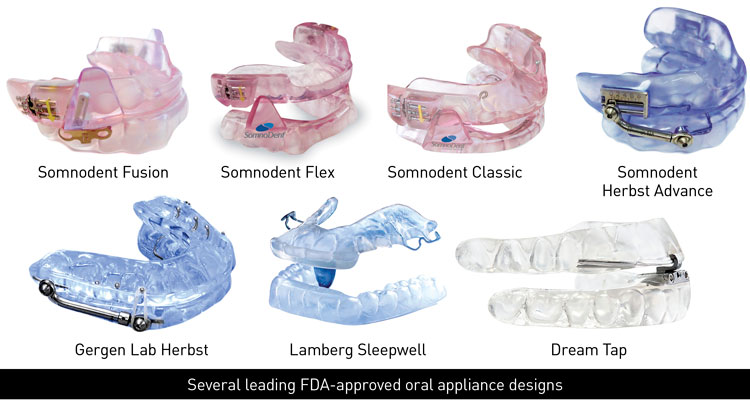
-Simply you visit the dentist clinic for exam and taking measurements for your teeth and in the following visit you receive your Oral Appliance that is made specifically for you.
-From the first night wearing your appliance during sleep you will notice a big difference.
-Wake up in the morning finally feeling refreshed and energetic, also no more fatigue and sleepiness during the daytime.
Patients’ Testimonials
-Obstructive Sleep Apnea affects your whole body and will lead into serious complications if left untreated.
–Complications:
- Daytime fatigue and sleepiness. The repeated awakenings associated with obstructive sleep apnea make normal, restorative sleep impossible.
People with obstructive sleep apnea often experience severe daytime drowsiness, fatigue and irritability. They may have difficulty concentrating and find themselves falling asleep at work, while watching TV or even when driving. They may also be at higher risk of work-related accidents.
Children and young people with obstructive sleep apnea may do poorly in school and commonly have attention or behavior problems.
- Cardiovascular problems. Sudden drops in blood oxygen levels that occur during obstructive sleep apnea increase blood pressure and strain the cardiovascular system. Many people with obstructive sleep apnea develop high blood pressure (hypertension), which can increase the risk of heart disease.
The more severe the obstructive sleep apnea, the greater the risk of coronary artery disease, heart attack, heart failure and stroke.
Obstructive sleep apnea increases the risk of abnormal heart rhythms (arrhythmias). These abnormal rhythms can lower blood pressure. If there’s underlying heart disease, these repeated multiple episodes of arrhythmias could lead to sudden death.
- Type 2 diabetes. Having sleep apnea increases your risk of developing insulin resistance and type 2 diabetes.
- Metabolic syndrome. This disorder, which includes high blood pressure, abnormal cholesterol levels, high blood sugar and an increased waist circumference, is linked to a higher risk of heart disease.
- Liver problems. People with sleep apnea are more likely to have abnormal results on liver function tests, and their livers are more likely to show signs of scarring (nonalcoholic fatty liver disease).
- Complications with medications and surgery. Obstructive sleep apnea also is a concern with certain medications and general anesthesia. These medications, such as sedatives, narcotic analgesics and general anesthetics, relax your upper airway and may worsen your obstructive sleep apnea.
If you have obstructive sleep apnea, you may experience worse breathing problems after major surgery, especially after being sedated and lying on your back. People with obstructive sleep apnea may be more prone to complications after surgery.
Before you have surgery, tell your doctor if you have obstructive sleep apnea or symptoms related to obstructive sleep apnea. If you have obstructive sleep apnea symptoms, your doctor may test you for obstructive sleep apnea prior to surgery.
- Eye problems. Some research has found a connection between obstructive sleep apnea and certain eye conditions, such as glaucoma. Eye complications can usually be treated.
- Sleep-deprived partners. Loud snoring can keep those around you from getting good rest and eventually disrupt your relationships. Some partners may even choose to sleep in another room. Many bed partners of people who snore are sleep deprived as well.
- Having difficulty losing weight. Losing weight needs oxygen to burn calories and producing energy and losing weight. When no enough oxygen is supplied to all body cells during sleep this process will be not working as desired.
People may also complain of memory problems, morning headaches, mood swings or feelings of depression, and a need to urinate frequently at night (nocturia).
Here is a questionnaire for patients to know if they are probably suffering from obstructive sleep apnea or no, this questionnaire has to be given to patients also before getting any surgical procedure that requires general anesthesia as it may threaten their life during the surgery.
Answer each question by yes or no and then calculate how many answers were yes and in the scale below you can tell how probably you need treatment.
Generally Oxygen is a major component required for each single cell in your body in all different organs to be performing it’s functions well. And decreasing in oxygen supply will results in very low performance leading to all dangerous complications.
STOP-BANG Sleep Apnea Questionnaire Chung F et al Anesthesiology 2008 and BJA 2012
| STOP | ||
| Do you SNORE loudly (louder than talking or loud enough to be heard through closed doors)? هل تشخر اثناء النوم بصوت عالي؟ | Yes | No |
| Do you often feel TIRED, fatigued, or sleepy during daytime? هل تشعر معظم الوقت بالارهاق او النعاس اثناء اليوم؟ | Yes | No |
| Has anyone OBSERVED you stop breathing during your sleep? هل لاحظ احدهم انقطاع تنفسك اثناء النوم؟ | Yes | No |
| Do you have or are you being treated for high blood PRESSURE? هل تتلقى علاج لارتفاع ضغط الدم؟ | Yes | No |
| BANG | ||
| BMI more than 35kg/m2? هل تعاني من الوزن الزائد؟ | Yes | No |
| AGE over 50 years old? هل يتجاوز عمرك ال٥٠ عاماً؟ | Yes | No |
| NECK circumference > 16 inches (40cm)? محيط الرقبة اكثر من ٤٠ سم؟ | Yes | No |
| GENDER: Male? الجنس: ذكر؟ | Yes | No |
| TOTAL SCORE مجموع الاجابات |
High risk of OSA: Yes 5 – 8
Intermediate risk of OSA: Yes 3 – 4 Low risk of OSA: Yes 0 – 2
